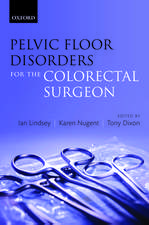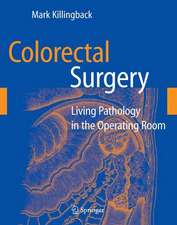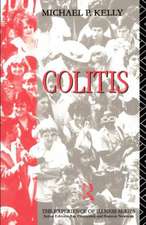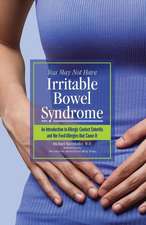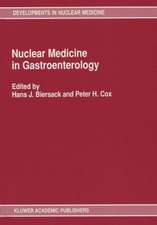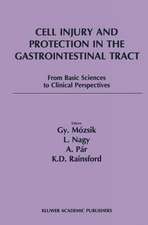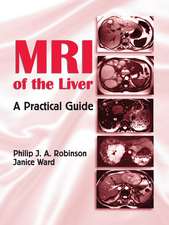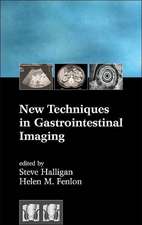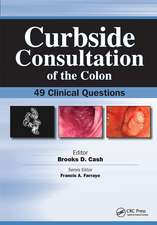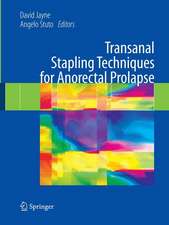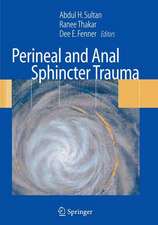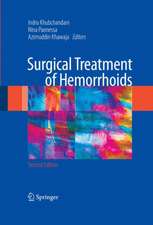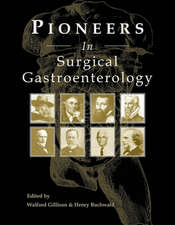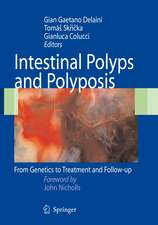Intestinal Microbiota in Health and Disease: Modern Concepts
Editat de Eduardo J. Schiffrin, Philippe Marteau, Dominique Brassarten Limba Engleză Hardback – 11 feb 2014
Preț: 1332.52 lei
Preț vechi: 1625.03 lei
-18% Nou
Puncte Express: 1999
Preț estimativ în valută:
255.06€ • 277.14$ • 214.39£
255.06€ • 277.14$ • 214.39£
Carte tipărită la comandă
Livrare economică 21 aprilie-05 mai
Preluare comenzi: 021 569.72.76
Specificații
ISBN-13: 9781482226768
ISBN-10: 1482226766
Pagini: 344
Ilustrații: 3 black & white illustrations, 10 colour illustrations
Dimensiuni: 156 x 234 x 20 mm
Greutate: 0.61 kg
Ediția:1
Editura: CRC Press
Colecția CRC Press
Locul publicării:Boca Raton, United States
ISBN-10: 1482226766
Pagini: 344
Ilustrații: 3 black & white illustrations, 10 colour illustrations
Dimensiuni: 156 x 234 x 20 mm
Greutate: 0.61 kg
Ediția:1
Editura: CRC Press
Colecția CRC Press
Locul publicării:Boca Raton, United States
Cuprins
Commensal Intestinal Microbiota and Mucosal Immune System Development and Function. Bacterial Imprinting of the Neonatal Immune System: Lessons From Maternal Cells. Interactions of the Intestinal Microbiota with the Epithelial Cells. Host Genotype, Environmental Factors and Microbiota Composition. Pathogen-Host Cell Interactions at the Intestinal Level: Lessons from Cultured Human Fully-Differentiated Colon Cancer Caco-2 and T84 Epithelial Cell Lines. Manipulation of the Host-Cell Pathways by Bacterial Entero-Pathogens. Use of Probiotic Cultures in Humans for the Management of Gastrointestinal Infections. Composition of the Dominant Microbiota During Flare-Ups and Remission of IBD. Opportunistic Pathogens in IBD, and the Relation with Specific Gene Susceptibilities. Opportunistic Pathogens in IBD, the Case of AIEC. Correction of Microbiota Disturbances or Antagonism Against Specific Pathogens in IBD. Probiotics in IBD That Can Modulate the Pathological Immune/Inflammatory Activation. Their Potential Benefits in the Different Phases of the Disease. Fecal Microbiota in Patients Receiving Enteral Nutrition. How to Preserve a Healthy Intestinal Microbiota in the Intensive Care Patient. Dietary Factors, Microbiota in Relation with Overweight and Diabetes.
Recenzii
"Overall this is a nice resource."
—Koen Venema, in Beneficial Microbes
—Koen Venema, in Beneficial Microbes
Notă biografică
Eduardo J. Schiffrin, Philippe Marteau, Dominique Brassart
Descriere
Now considered an organ with defensive and metabolic capabilities, the intestinal microbiota plays a major role in the local host immune system development and education. It contributes to the generation of a homeostatic balance characterized by the capacity to react against pathogens while remaining hyperresponsive/tolerant against commensals. This homeostatic response depends on bacteria and bacterial product sensing by innate immune cells and their molecular asset at the intestinal mucosa. This book captures the enormous progress that has been accomplished in this field in recent years.

